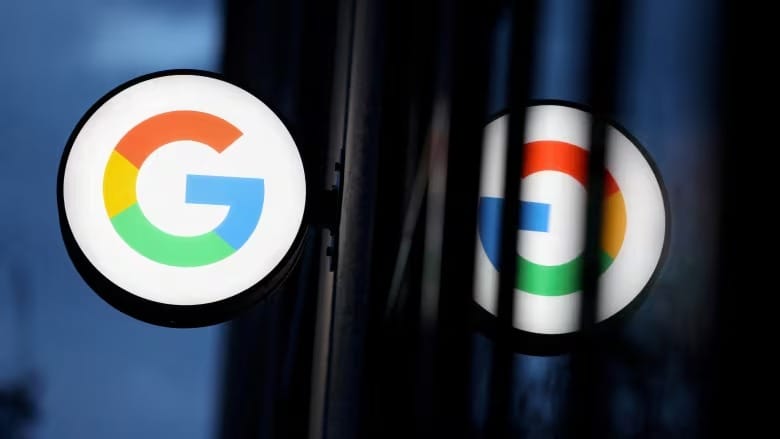Google must sell Chrome to restore competition in online search, U.S. Justice Department says
Proposals include ending exclusive deals with Apple, forcing Google to share data with rivals

The U.S. Department of Justice (DOJ) has proposed several measures to curb Google’s dominance in online search, including potentially requiring the company to sell its Chrome browser and Android operating system, share user data and search results with competitors, and end exclusive agreements with device makers. These proposals aim to address what a federal court has ruled as an illegal monopoly in search and related advertising markets.
The measures, which could be in place for up to a decade, would be enforced by a court-appointed committee tasked with overseeing compliance. Prosecutors argue that Google’s practices have stifled competition by blocking rivals from accessing critical distribution channels and potential partners.
Key proposals include prohibiting Google from paying billions annually to make its search engine the default on devices such as Apple’s iPhones and banning re-entry into the browser market for five years. If other remedies fail, the DOJ may push for Google to divest its Android mobile operating system. The company would also be restricted from acquiring or investing in competitors focused on search, query-based artificial intelligence, or advertising technology.
The DOJ has further suggested measures to allow publishers and websites to opt out of training Google’s artificial intelligence products and proposed that search results and user data be licensed to competitors at minimal cost. Google would also be barred from collecting user data it cannot share due to privacy restrictions.
Google criticized the proposals, describing them as excessive. “The DOJ’s approach would result in unprecedented government overreach, harming American consumers, developers, and small businesses while jeopardizing the nation’s global economic and technological leadership,” said Kent Walker, Alphabet’s Chief Legal Officer.
A trial on these proposals is set for April, although changes in the federal administration or antitrust leadership could alter the case’s trajectory. Google has been given the opportunity to present alternative remedies in December.
Prosecutors argue that Google has used its Chrome browser and Android platform to cement its dominance, benefiting from a feedback loop of increased users, data, and advertising revenue. Chrome, the world’s most popular web browser, plays a critical role in Google's business by providing user data that enhances its advertising capabilities.
The DOJ's proposals have sparked debate, with Google stating that requiring divestment of Chrome and Android—platforms built on open-source technology—could harm companies that rely on them for their own innovations. The DOJ has suggested that Google could sell these assets to comply with antitrust measures, with any potential buyers subject to approval by prosecutors.
Companies competing with Google, such as search engine DuckDuckGo, have expressed support for the proposed measures. “This is a significant step forward and will lower barriers to competition,” said Kamyl Bazbaz, DuckDuckGo's head of public affairs. DuckDuckGo has previously accused Google of resisting European Union rules requiring data sharing, an allegation Google denies, citing user privacy concerns.





